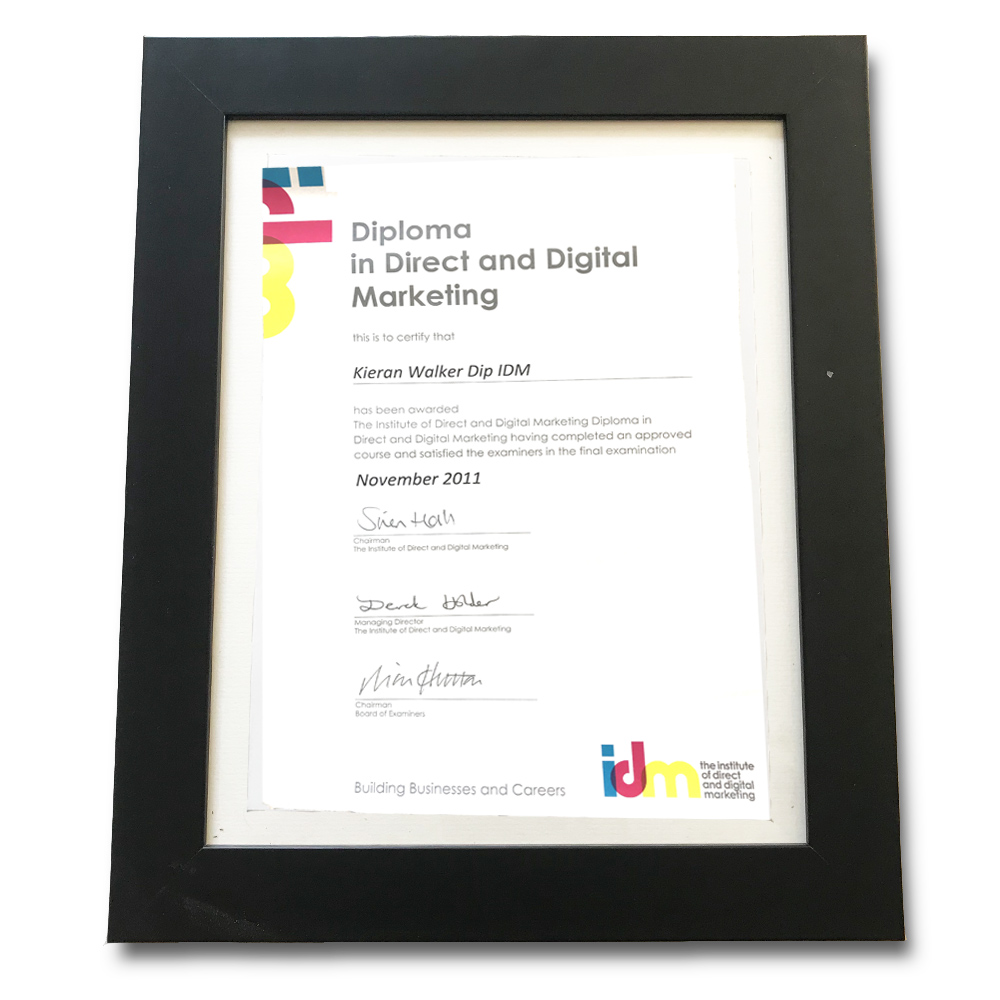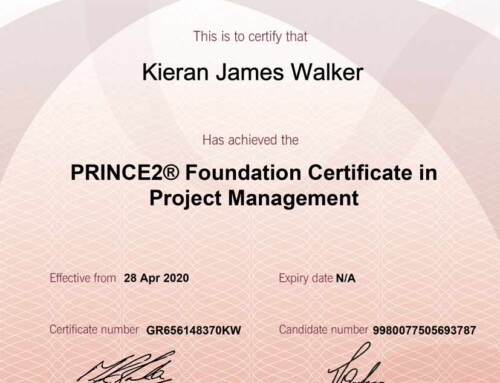
Module 1 – An introduction to intelligent marketing
Understand the drivers for effective marketing in a demanding, data-rich, overly saturated marketing environment.
- What is digital marketing?
- What is a strategic approach?
- The omnichannel approach
- The importance of customer-first marketing
- The importance of data in marketing
Module 2 – Understanding the marketing landscape
Gain an informed, objective and realistic perception of the marketing environment, in preparation for developing a forward-looking digital marketing strategy
- Assessing the marketplace
- Assessing the macro environment
- Knowing your customers and prospects
- Competitor benchmarking
- Intermediary assessment and partner management
- Internal Analysis
- Performing a digital audit
- Completing the SWOT analysis
Module 3 – Marketing strategy
Create an effective strategy by using data to identify and target different audiences, using relevant and powerful propositions and building detailed models of segmented customer journeys on the pathway to purchase.
- Developing a compelling digital marketing strategy
- SMART objectives shape strategy
- Customer targeting provides focus
- Using research, data & insight to inform your marketing strategy
- Propositions connect audiences
- The important role of customer journey mapping
Module 4 – Financial analysis
Develop a process for evaluating the cost-effectiveness of your digital marketing campaigns and their performance in relation to your business and marketing objectives
- Develop an effective budget
- Developing financial models
- Creating and managing annual budgets
- Creating and managing campaign budgets
- Calculating the lifetime value of your customers
Module 5 – Brand building
To enable you to take advantage of the opportunities offered by digital marketing to redefine brand value and experience in the hearts and minds of prospects and customers
- Branding in digital
- Developing online value
- Building communities
- Measuring brand effectiveness
- Developing effective propositions
Module 6 – Customer Insight
Enhance your ability to consistently find and make use of customer insights that improve the performance of your marketing activity.
- Customer data
- Customer data strategy
- Data integration
- Multi-channel attribution
- Profiling
- Segmentation
- Targeting
- Profiling and segmentation strategies
Module 7 – Customer relationship management (CRM)
Incorporate CRM activities into your practices to drive customer first communication strategies, including integrated communications, personalisation and permission marketing.
- What is CRM?
- Permission marketing and customer communication preferences
- Making the business case for improved contact and personalisation strategies
- Conducting a CRM technology and customer data audit
- Creating an integrated contact strategy for customer development
- Analysing the value of customer interactions
Module 8 – Developing integrated communications
From targeting and measuring and reviewing creative, to understanding how to embrace the technological opportunities, learn everything you need to know to set up your team to deliver effective marketing campaigns.
- Setting up for integrated campaigns
- Approaches to targeting
- How to select the right digital media channels
- Reviewing the creative and messaging approaches
- Methods for tracking the effectiveness of digital campaigns
- The shift to customer metrics
- Data Management Platforms (DMP)
- The importance of technology for tracking campaigns
- Leveraging the benefits of cloud technology
- Testing in campaign optimisation
- Using multivariate techniques within campaign optimisation
Module 9 – Managing integrated communications
Take advantage of campaign planning techniques, channel assessment processes to develop an integrated approach to your marketing activity.
- Introduction to integrated marketing
- Integrated communication and customer experience
- Integrated campaign management
- Media-neutral communications planning
- Case-study: Amazon – Integrated Marketing Communication (IMC)
Module 10 – Using digital transformation to enhance customer experience through automation and programmatic workflows
Embrace digital transformation and marketing automation techniques, processes and technology to deliver excellent customer experience.
- The digital journey – understanding your organisation on the path to integrated digital marketing
- Change management – what it is, and how to utilise it to integrate digital marketing into your organisation
- Managing change for digital integration – organisational structure
- Managing change for digital integration – people, skills, leadership and culture
- Managing change for digital integration – processes
- Managing change for digital integration – technology
- Managing external agencies and partners







